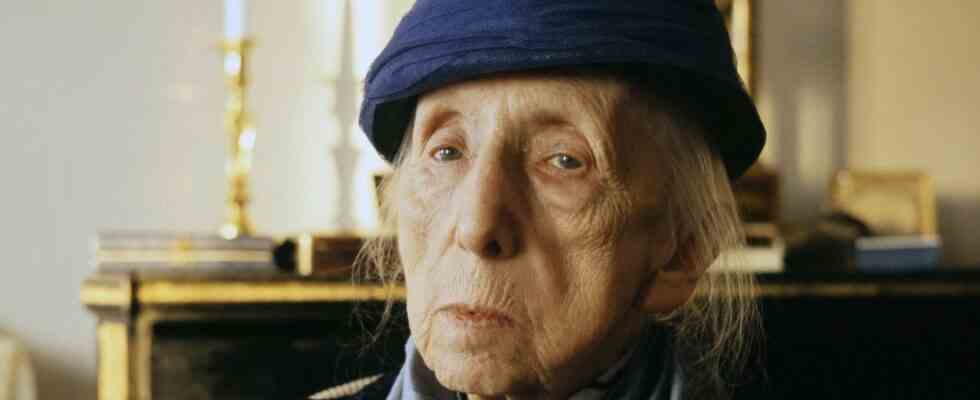The writer Annette Kolb, who was born in Munich in 1870 and died there in 1967, has always advocated reconciliation and rapprochement between Germany and France. Now a plaque in Paris commemorates Kolb’s life and work. The plaque was erected on the joint initiative of Ambassador Peter Reuss, the Permanent Representative of the Federal Republic of Germany to Unesco, and his French Unesco colleague Veronique Roger-Lacan.
Annette Kolb lived in a hotel on Boulevard Raspail from 1944 to 1961, which is still run as a hotel today. This hostel was not the writer’s first stay in exile, although it was the longest. Even during the First World War, she, who preferred to be called “Miss Kolb”, tangled with the state authorities. In 1915, the native of Munich gave a passionate pacifist speech in Dresden. In 1916 she published her “Letters from a German-French Woman”, by which time the war had been raging for many months. In the same year, the Bavarian Ministry of War imposed a ban on letters and a ban on leaving the country. In 1917 she fled into exile for the first time, to Bern.
Under the memorial plaque for Annette Kolb in Paris: The German Unesco Ambassador Peter Reuss and Claudia Roth, Minister of State for Culture and Media.
(Photo: Peter Reuss)
After her return to Germany, Annette Kolb did not shy away from renewed trouble. She quarreled with the rising National Socialists. They burned her books, she went to Paris. Kolb stayed there until it was occupied by the Germans and then fled again via Lisbon to New York. In 1944 she returned to Paris. Her apartment was then occupied by collaborators, so she moved to the hotel. She only spent the last years of her eventful life back in Munich.
Annette Kolb, whose estate is managed by the Monacensia today, is buried in the Bogenhausen cemetery. “And two graves next to her is Wilhelm Hausenstein, who was the first German ambassador in Paris after the war,” says Reuss, who has already done academic work on Hausenstein. Hausenstein, who had written more than 80 books himself, cultivated a large circle of literary friends. “He visited Annette Kolb after every performance in the Comédie française that he had seen,” says Reuss. The friendship between the two stretched back far before the war.
Reuss sees the fact that Annette Kolb is now also being remembered in Paris as a good but not self-evident sign. “The day-to-day politics are more marked by controversies between Germany and France.” Raising awareness of cultural similarities works like balm.

